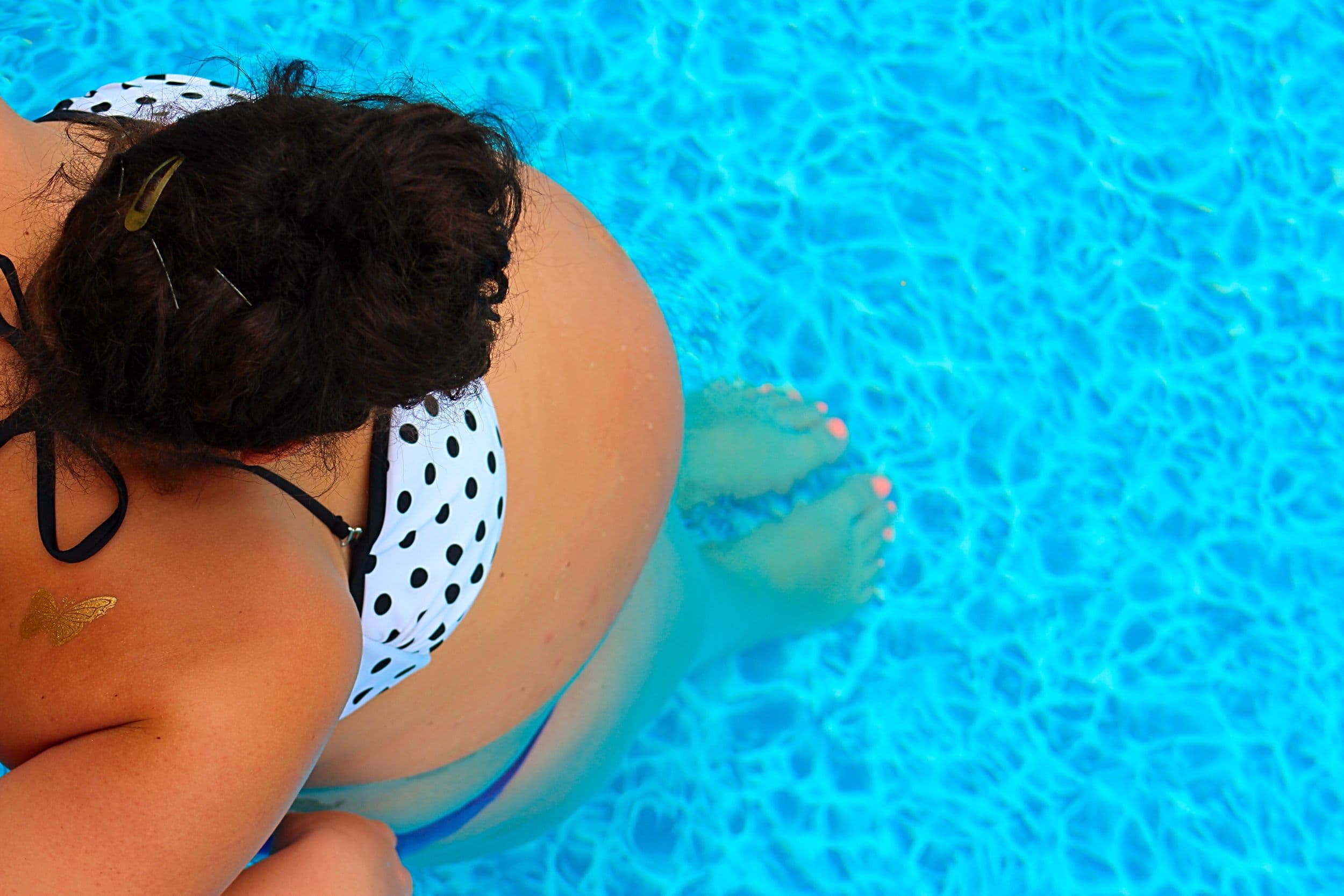Swimming in Oceans, Lakes and Rivers When Pregnant
Sports, Travel, and Leisure
Obie Editorial Team

When it comes to low-impact exercise, swimming is one of the best for pregnant women. However, unlike swimming pools, oceans, lakes, and rivers are not treated to remove dangerous bacteria and germs leaving many pregnant women wondering about the safety of swimming in open waters during pregnancy. Untreated water is home to a variety of germs, including Shigella, norovirus, E. coli, and Cryptosporidium.
Untreated Open Water During Pregnancy
Many of the germs found in untreated open waters used for recreational purposes can cause gastrointestinal illness, including diarrhea, abdominal pain, nausea, and vomiting. Some germs cause infections that easily pass on to others with very little personal contact. Contact with germs in untreated water is of particular concern for pregnant women because the immune system functions less effectively during pregnancy.
Symptoms of Water-Borne Illness
The most common symptoms of water-borne illness are diarrhea and abdominal cramping. Depending on the germ responsible for the illness, pregnant women may suffer from extreme nausea, vomiting, abdominal cramping, dehydration, fatigue, and dizziness.
Treating Water-Borne Illness
Treatments for infections caused by germs in untreated water depend on the germ responsible for the infection and the severity of the infection. In some cases, the symptoms may be associated with pregnancy and left untreated. The body can naturally fight off milder infections, in most cases. For more severe infections, pregnant women may have to be treated with antibiotics or hospitalized in cases of severe dehydration. Infection can lead to death if severe cases are left untreated.
Preventing Infection from Untreated Waters
Ocean waters are regularly screened for water-borne germs. The results of water tests are available from the local government. Rivers and lakes may also be tested by the local government. Contact the local government for the area where you will be swimming to learn about any water testing or warnings issued to local residents. In the case of ocean testing, if germ levels are higher than healthy limits allow, a warning will be issued to local residents suggesting a specific area be avoided until the water tests clean.
The CDC suggests following a few simple tips when swimming in untreated recreational waters to prevent contracting water-borne illness:
- Never swallow water or allow water to enter your mouth.
- Shower before entering the water and rinse off or shower again after leaving the water to remove any germs remaining on the skin.
- If you are pregnant and you believe you have been in contact with infected water, contact your physician for testing and possible treatment.
Read More












